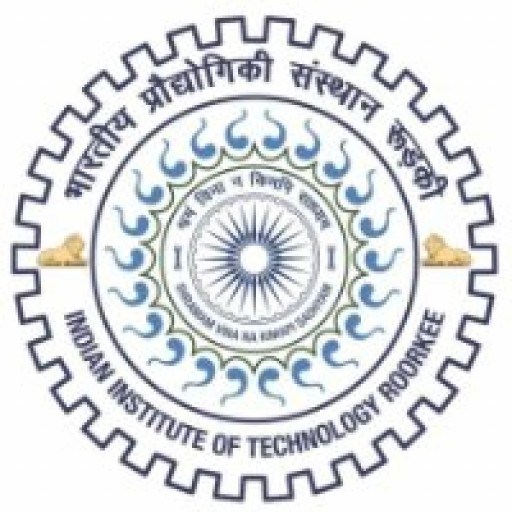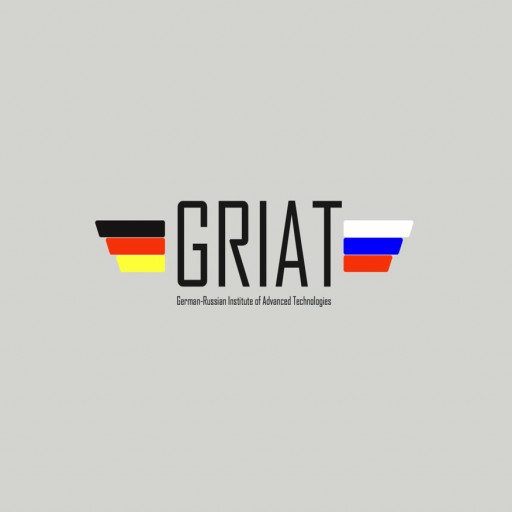List of Experiments:
1. To investigate the optical properties of certain nanosized semiconducting oxides.
2. To synthesize metal nanostructures and investigate their optical behaviour.
3. To analyze the thickness, optical transmission and reflectivity of thin film of Al.
4. Synthesis and characterization of carbon nanotubes by cracking of gas mixture using tubular furnace.
5. To work out the charge, zeta potential and size distribution of colloidal solution of nanoparticles using dynamic light scattering method.
6. To determine the elemental contents in nanoalloys using different analytical techniques.
Contents:
1. Classification and Nomenclature of Nanomaterials: Nanosized metals and alloys, semiconductors, ceramics - a comparison with respective bulk materials; Organic semiconductors, carbon nanotubes; Zero-, one-, two-, and three dimensional nanostructures – quantum dots, quantum wells, quantum rods, quantum wires, quantum rings; bulk nanostructured materials, Nanomachines and Devices.
2. Synthesis by Physical Methods: Nucleation and growth of Nanosystems; self-assembly; Physical methods – mechanical milling, laser ablation, sputtering and microwave plasma.
3. Synthesis by Chemical Methods: Chemical reduction and oxidation, hydrothermal, micelles, sol-gel processes, photolysis, radiolysis, and metallo-organic chemical vapor deposition; Designing of advanced integrated nanocomposites, functional nanomaterials and nanostructured thin films.
4. Novel Properties of Nanomaterials and Related Theoretical Background: Size and shape dependent optical, emission, electronic, transport, photonic, refractive index, dielectric, mechanical, magnetic, non-linear optical properties; Transition metal sols, origin of plasmon band, Mie theory, influence of various factors on the plasmon absorption.
5. Size Effect in Nanomaterials: Quantum confinement in semiconductors – particle in a box like model for quantum dots; Origin of charge on colloidal sols, zeta potential - DLVO theory; Implications of colloids in making building blocks; Catalytic and photocatalytic properties, Mechanical properties.
6. Characterization of Nanomaterials: Structural Characterization - XRD, SAXS, SEM, TEM, SPM/AFM; Chemical Characterization – Optical spectroscopy, Electron spectroscopy, Ionic spectrometry; Physical properties – Melting point, Lattice constant, Electrical and magnetic characterization; Mechanical properties – nanoindentaion, nanotribology.
Students admitted to the graduate programs of study at IIT Roorkee go through a process of selection prior to their admissions. The process of selection is administered at the national (All India) level or at the Institute depending on the program of study. For detailed information of the Institute and different programs, download the information brochure given below.
GATE (Graduate Aptitude Test in Engineering), The Graduate Aptitude Test in Engineering is an All - India Examination conducted by the seven IITs and IISc Bangalore, on behalf of the National Coordinating Board - GATE, Department of Education, Ministry of Human Resources Development (MHRD), Government of India.
JAM (Joint Admission Test to M.Sc) for admission to M.Sc programmes at the IITs. From year 2005 admissions to MCA programme at IIT Roorkee are also made through JAM which were previously through AIMCET.
This Institute offer courses leading to two-year Master of Science degrees in a number of disciplines. In addition, post-graduate programmes leading to M.Tech., M.Sc. and Ph.D. degrees are also offered.
Want to improve your English level for admission?
Prepare for the program requirements with English Online by the British Council.
- ✔️ Flexible study schedule
- ✔️ Experienced teachers
- ✔️ Certificate upon completion
📘 Recommended for students with an IELTS level of 6.0 or below.
The Institute offers merit-cum-means scholarship to 25% of undergraduate students. Several other scholarships are announced from time to time. Bank loans are also easily available whenever required. Financial help is provided as Institute free studentship and scholarships to undergraduate students belonging to the scheduled castes and scheduled tribes.
Students admitted to the 2-year M.Sc. degree in sciences are also awarded merit-cum-means scholarships. A number of scholarships, teaching / research assistantship schemes provide financial support to students of M.Tech. and Ph.D. programmes. Sponsored (full-time as well as part-time), self-financing foreign students and M.B.A. students are , however, not eligible for benefits of this scheme. Students are encouraged to earn while they learn.
Prizes and certificates are given to students on the basis of their performance in curricular, co-curricular and extra curricular activities.










